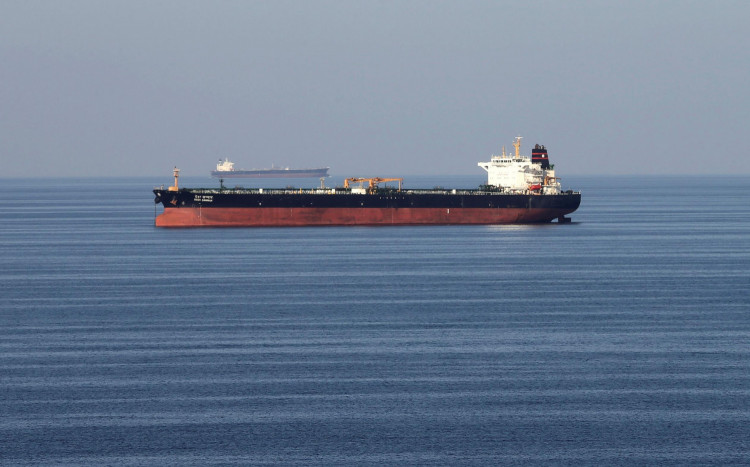Iran may not do anything that will only make things worse with the United States - like blocking merchant ships that pass through the Strait of Hormuz - the busiest oil-shipping channel in the world.
Regional analysts on Monday said that disrupting the flow of oil shipments in the strait in retaliation for the killing of Qassem Soleimani will only "upset Qatar", one of the few remaining allies that Iran has in the Gulf. There 's a new sultan in Oman who Iran has to also keep by its side, analysts said.
Tehran has repeatedly said it will block the waterway where some 30 percent of the world's oil and crude traverse along - as a way to avenge the assassination of its top military commander.
But following Soleimani's death in a drone attack ordered by US President Donald Trump on January 3, Iran has found its room for reprisal restricted.
Iran's retaliatory missile attacks on Iraqi bases hosting American servicemen, which caused no casualties, and its shooting down - unintentionally, as it claimed - of a Ukrainian commercial plane that killed all 176 people on board, have limited its capability to carry out any further rapid action.
According to analysts, the immediate priority - if not the smartest move - for the Islamic Republic is de-escalation. "The Iranians will not shut down the Strait of Hormuz," said Michael Stephens, a research fellow at the Royal United Services Institute and a former analyst at the Middle East British Foreign Office, explained.
However, Jonathan Eyal, RUSI's international director said that China, which is increasing its influence in the region and buying 50 percent-70 percent of Iranian oil exports, will not be pleased with any disruption of energy flows in the strait.
While Iran is expected to further carry out retaliatory measures for Soleimani's killing in time - either directly or through various proxies spread across the Middle East - the US has, in some ways, forced Tehran on the defensive with the boldness and magnitude of its drone attack.
But the threat of Iranian long-term retaliation remains, with proxy armed wings in Lebanon, Syria, Iraq and elsewhere capable of launching an attack against the US if Tehran does not act directly itself.
Stephens said that U.S. Special Forces in northeastern Syria were a potential target for Hezbollah, the Lebanese militia loyal to Iran, while an attack against a top Western official in Europe can still be possible.
Any assault on American interests in Iraq was perceived as less likely as it could play into the hands of Islamic State extremists - both bitter foes of the US and Iran.






